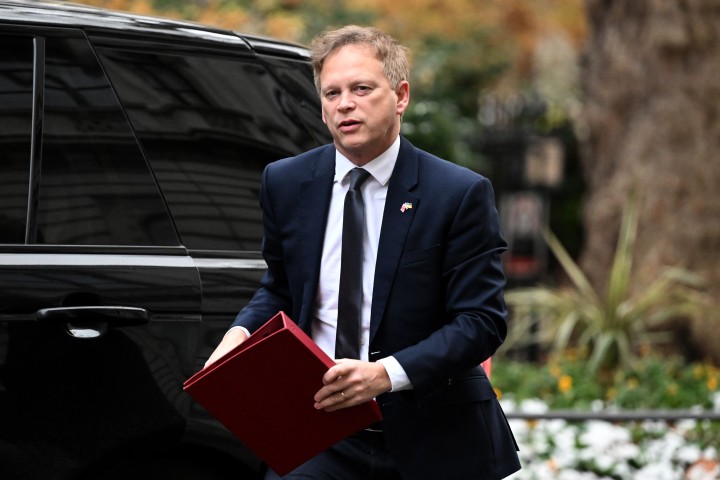Fresh from his photoshop debacle, Grant Shapps arrived in the Commons today to outline the government’s plans for minimum safety level legislation. He and his colleagues are currently engaged in a difficult balancing act: negotiating with unions over pay one day, then seeking to curb their powers the next. It is emblematic of the ‘carrot and stick’ approach that ministers have adopted throughout this winter of industrial action – hinting heavily that workers will receive pay improvements in the next financial settlement, while threatening new restrictions to prevent a future repeat of these strikes.
Shapps is seen as one of the Conservatives’ more affable communicators. He therefore sought to present today’s measures as sensible and pragmatic, a ‘reasonable and mature way’ to ensure that ‘lives and livelihoods are not lost’ in industrial action. He promised to consult on what a minimum service level should look like but confirmed that the legislation will apply to six key sectors of health, education, fire, ambulance, rail and nuclear power.
The Business Secretary also pointed to the ‘mature European democracies’ which have such legislation on their statute books such as France and Germany. Yet, faced with the jeering of the Labour benches, he wasn’t afraid to splice soothing words with a bit of boilerplate union-bashing. He accused striking paramedics of putting ‘lives at risk’ and ‘a lack of timely co-operation’ which meant that ‘health officials were left guessing at the likely minimum coverage, making contingency planning almost impossible.’
Naturally, such talk found little favour with his opposite number Angela Rayner, wearing one of her many hats as Shadow Secretary of State for the Future of Work. She gave a punchy reply, raising a constituent who died, unable to get an ambulance on a day when there was no strike action. Responding to Shapps’ talk of conciliation, Rayner pointed to the ‘dismal’ read out by the trade unions involved in yesterday’s talks with the Health Secretary and noted how some of the countries with minimum service levels still suffer more strikes than Britain. She closed by dubbing the measures a ‘sacking nurses bill: an outright attack on the fundamental freedom of British working people.’
Much of the debate that followed was more heat than light. With few details yet apparent, the two main parties understandably preferred to focus on the broader principles at stake. For Labour MPs that tended to be the right to strike; for the Tories it was about the right to work. Former employment lawyer Laura Farris gave a noticeably helpful intervention from the Tory backbenches while Richard Burgon offered up one of the more hyperbolic claims, arguing that the new measures were proof that Rishi Sunak was running the ‘most authoritarian government in Britain in living memory.’
In truth, the main news happened outside the chamber, with Tory backbencher Stephen McPartland launching a headline-grabbing broadside on Twitter about Shapps’ plans to sack key workers on strike. ‘Shameful, shameful, shameful to target individual workers,’ he wrote, ‘by all means fine the Unions, make them agree to minimum service levels, but don’t sack individual NHS staff, teachers & workers!!!’
With the Tories so divided at present, the success of these strike reforms may come down to whether the average Conservative MP agrees with McPartland’s assessment. For now, however, more Tory MPs side with Shapps. This is one of the issues where the government believe they have backbench support. The bigger fight could be in the Lords.







Comments